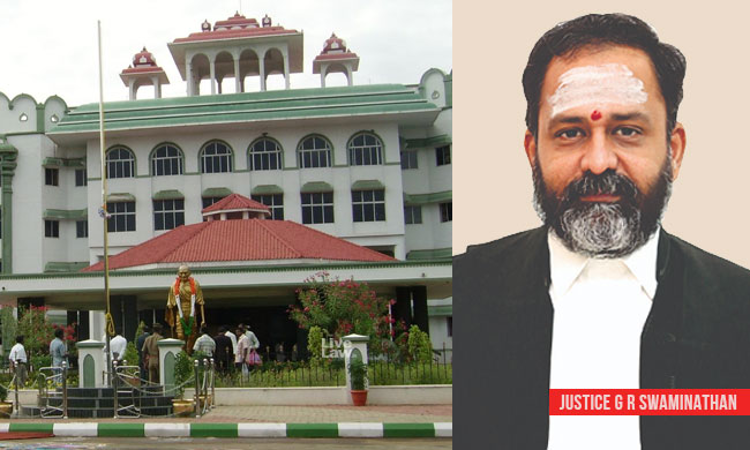'Right To Relax Can't Be Curbed Fearing Breach Of Morality': Madras HC Disagrees With Another Bench's Direction To Install CCTVs In Spas
Sebin James
4 Jan 2022 8:28 PM IST

"There are inviolable spaces where the prying eye of the state simply cannot be allowed to enter", Justice G.R. Swaminathan observed.
Next Story


